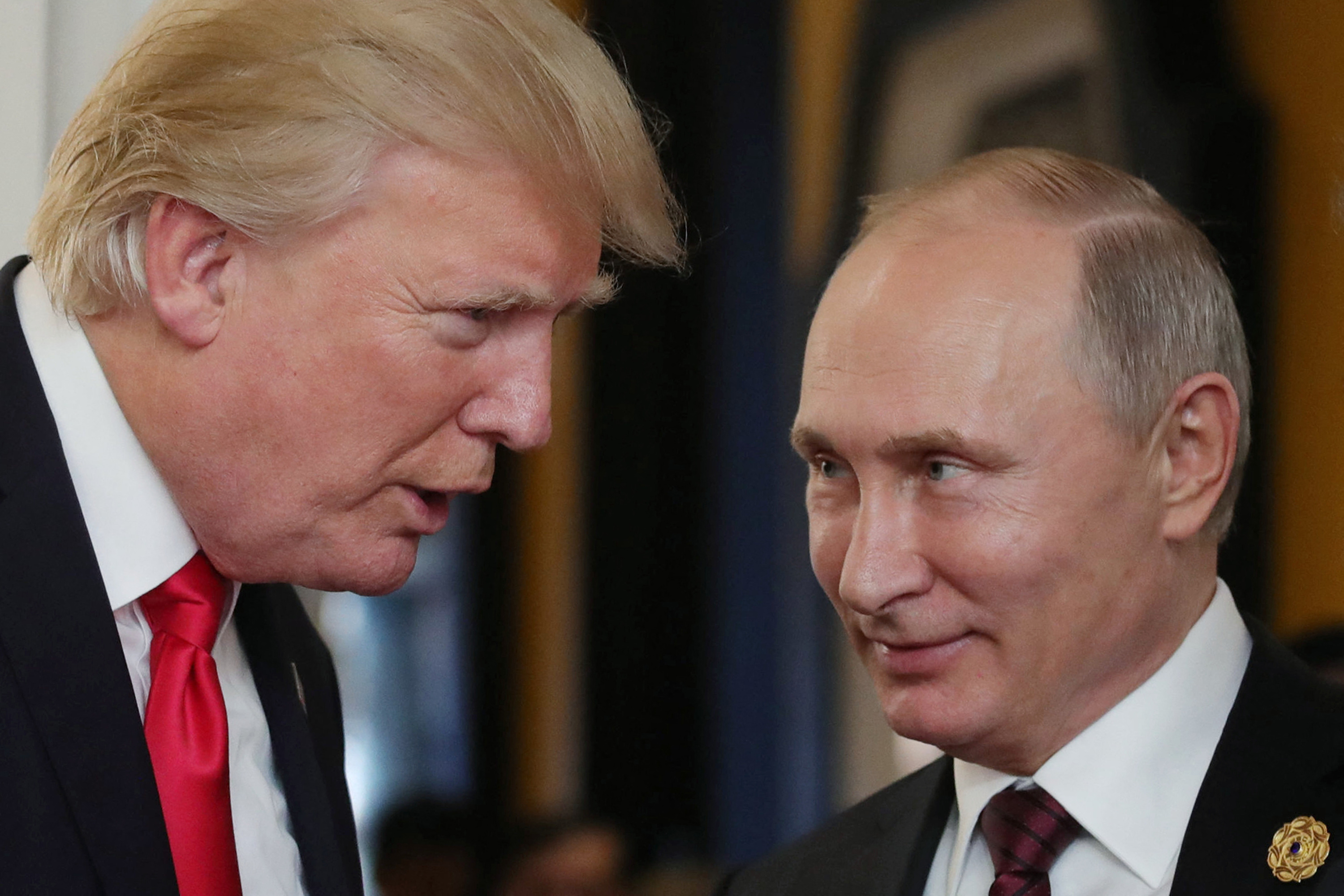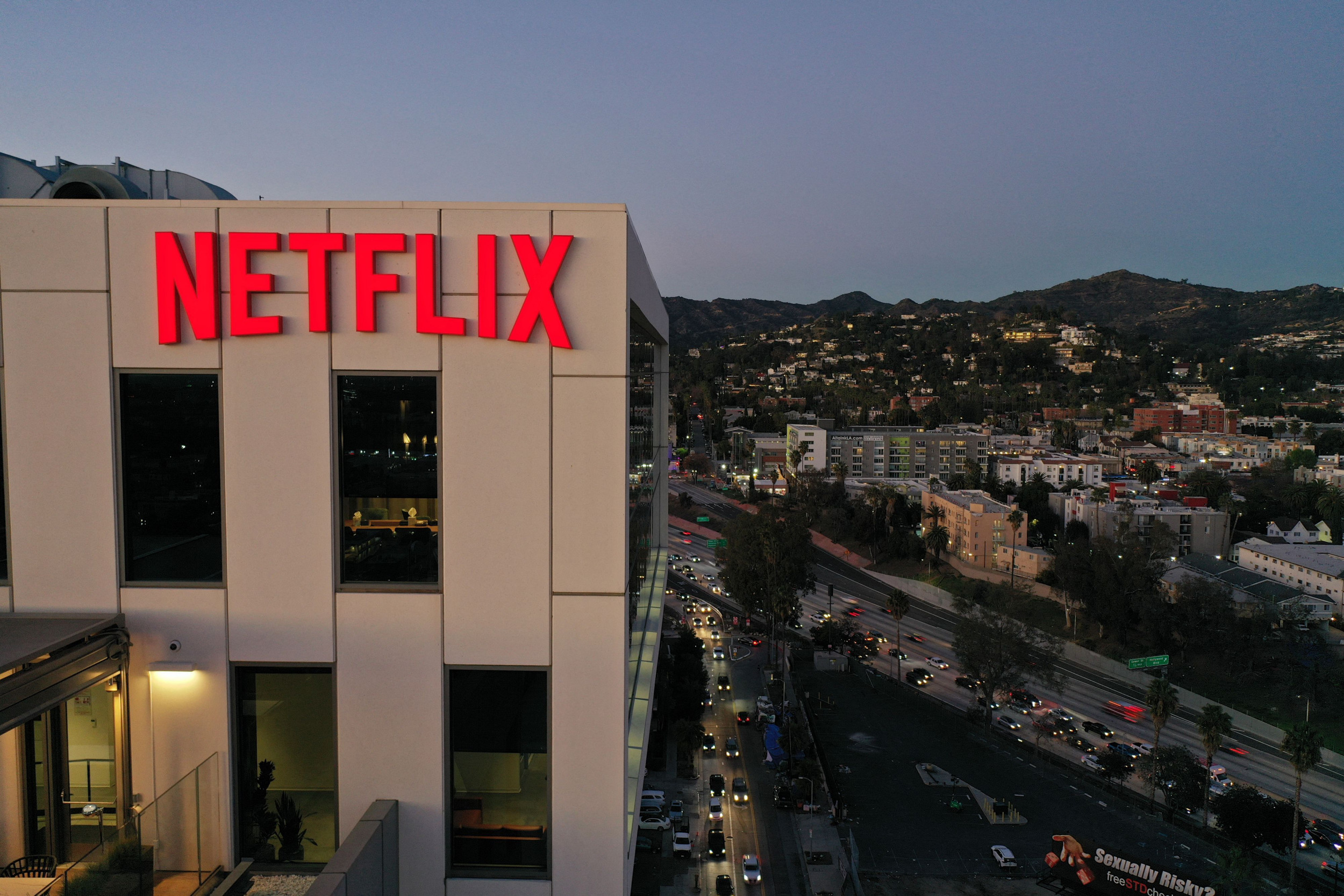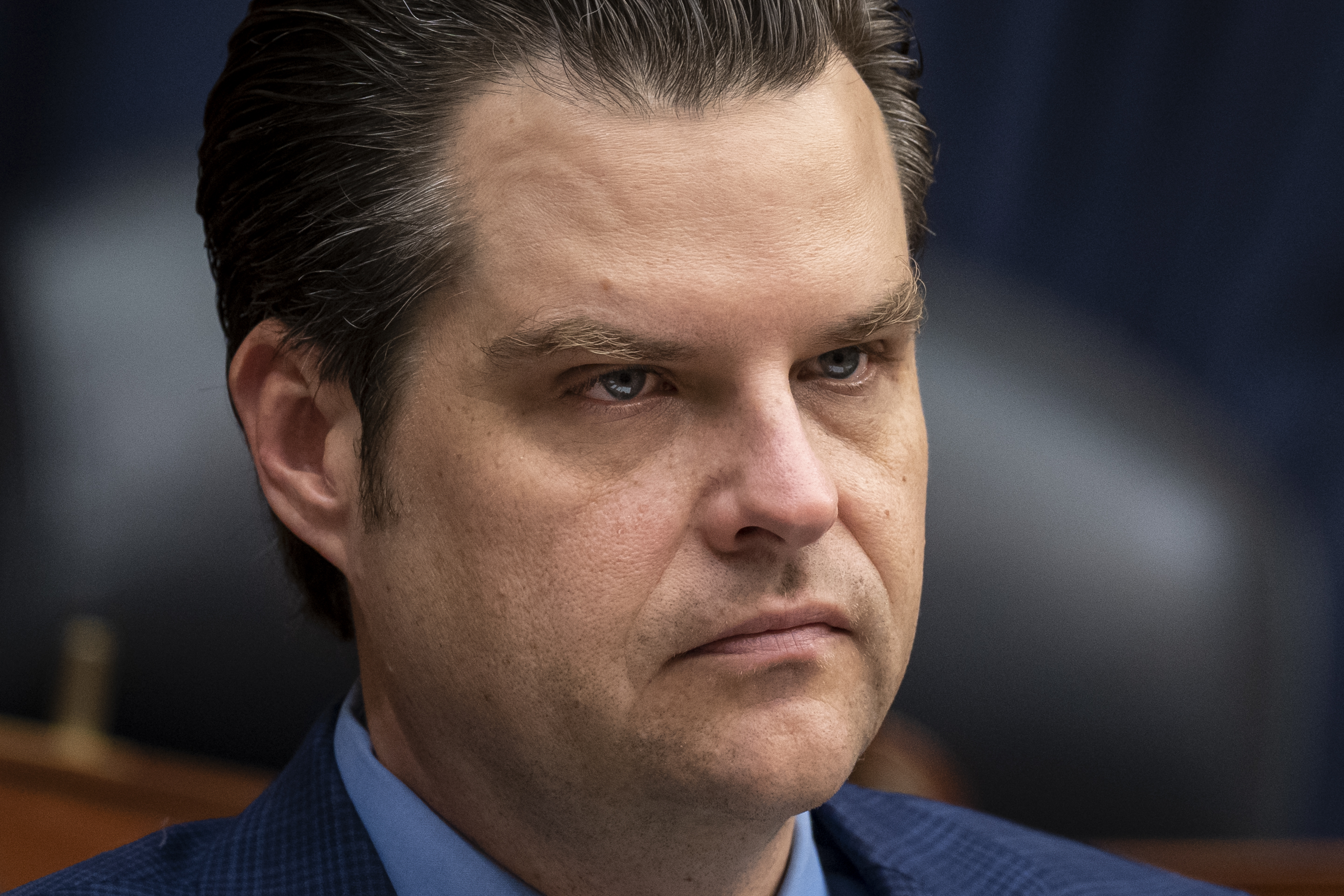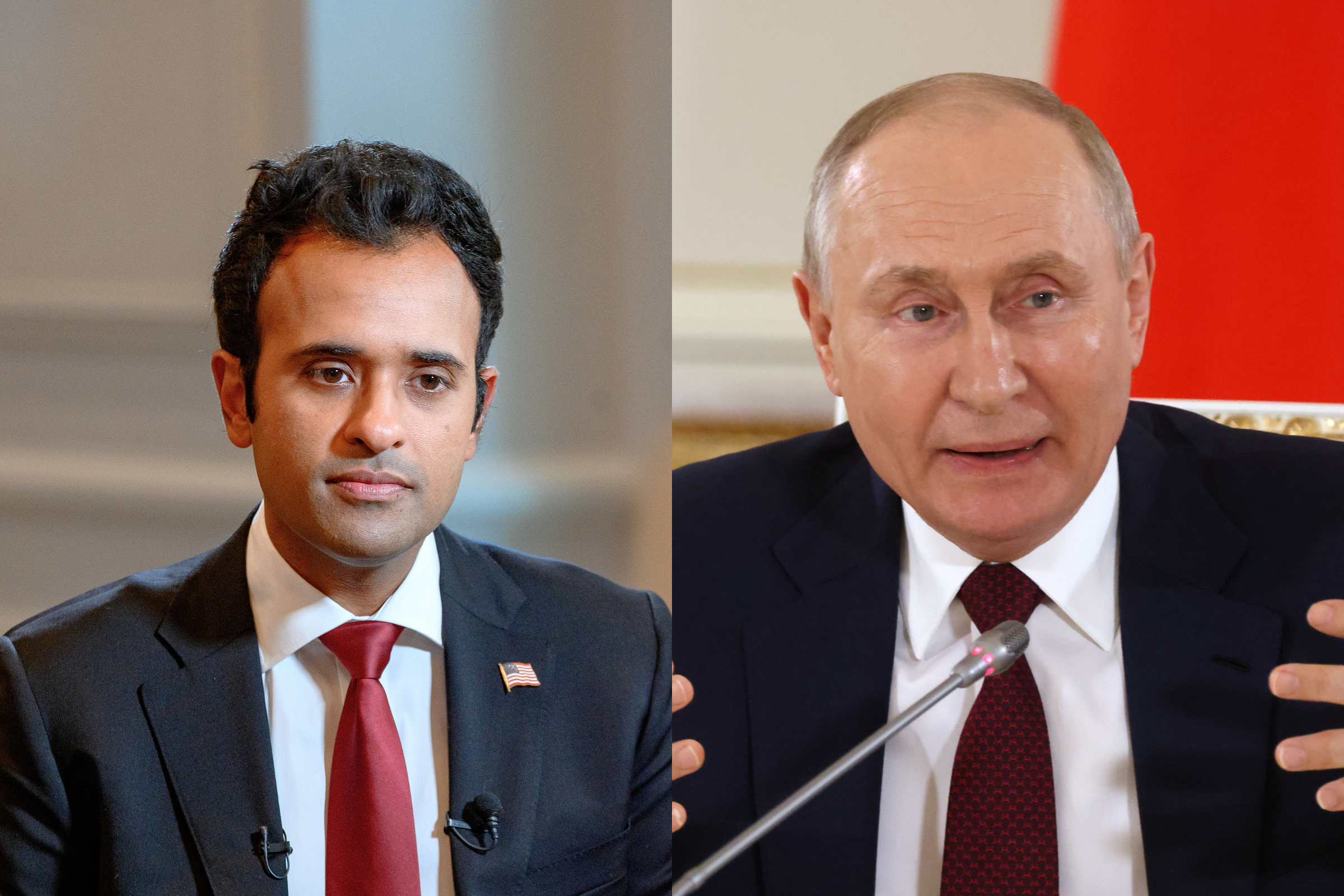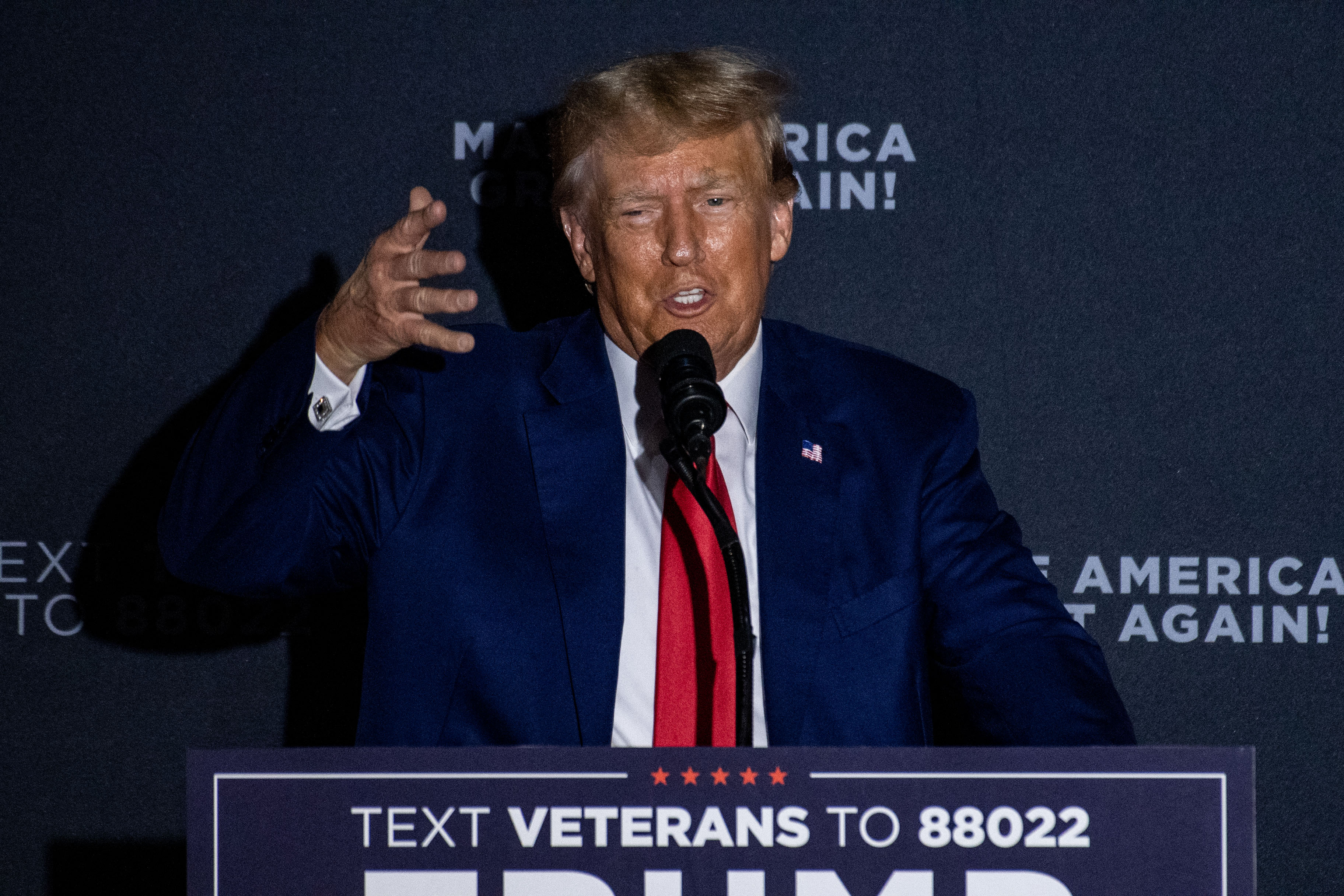Ukraine doesn't "need to prove anything," Kyiv's foreign minister has said, as Kyiv hits back at criticism over the pace of its ongoing counteroffensive, now more than two and a half months into the dragging effort to push back Russian troops.
"We don't need to prove anything—our success will reward the optimists and ruin the reputation of the doubters," Dmytro Kuleba told German newspaper, Bild, in a piece published on Saturday. "Never underestimate Ukraine," he said. "Be patient. Victory is hard work."
Ukraine launched its concerted push against Russian forces in the east and south of the country in early June, and although it has clawed back some territory from dug-in Russian troops, the pace of progress has been slow. On Wednesday, Ukraine's Deputy Defense minister, Hanna Maliar, said Kyiv had reclaimed the Zaporizhzhia village of Urozhaine, marking the first reclaimed settlement in weeks.

Kyiv has weathered criticism over the tempo of its strikes back at Russian positions, which analysts say are firmly dug in and benefiting from extensive laying of mines in territory Ukraine now needs to wade through.
In mid-June, Ukrainian President Volodymyr Zelensky said the pace of the counteroffensive had been "slower than desired," but said there are "people's lives" at stake.
"Some people believe this is a Hollywood movie and expect results now. It's not," he told the BBC.
In early July, Zelensky told CNN he had wanted the counteroffensive to get underway before the start of June, but Ukraine had needed to wait for military aid supplies from its Western allies.
"I wanted our counteroffensive to happen much earlier, because everyone understood that if the counteroffensive unfolds later, then a bigger part of our territory will be mined," he said via a translator. "We give our enemy the time and possibility to place more mines and prepare their defensive lines."
Although many still believe Ukraine can continue its advance, others have started to question whether Kyiv can continue to afford the high casualty rate for so few concrete territorial gains.
The U.S. intelligence community does not think the counteroffensive will succeed in extending down to the occupied southern city of Melitopol by the end of the year, The Washington Post reported on Saturday. Control of the city is key for leading into Crimea, the annexed peninsula Russia has controlled since 2014 and which Kyiv has vowed to reclaim.
The U.S.'s top military commander, however, reiterated his conviction that Ukraine's efforts will succeed, saying Moscow's forces had been plagued with low morale and suffered soaring casualty counts.
"I had said a couple of months ago that this offensive was going to be long, it's going to be bloody, it's going to be slow," General Mark Milley, the chairman of the U.S. Joint Chiefs of Staff, told The Post. "And that's exactly what it is: long, bloody and slow, and it's a very, very difficult fight."
